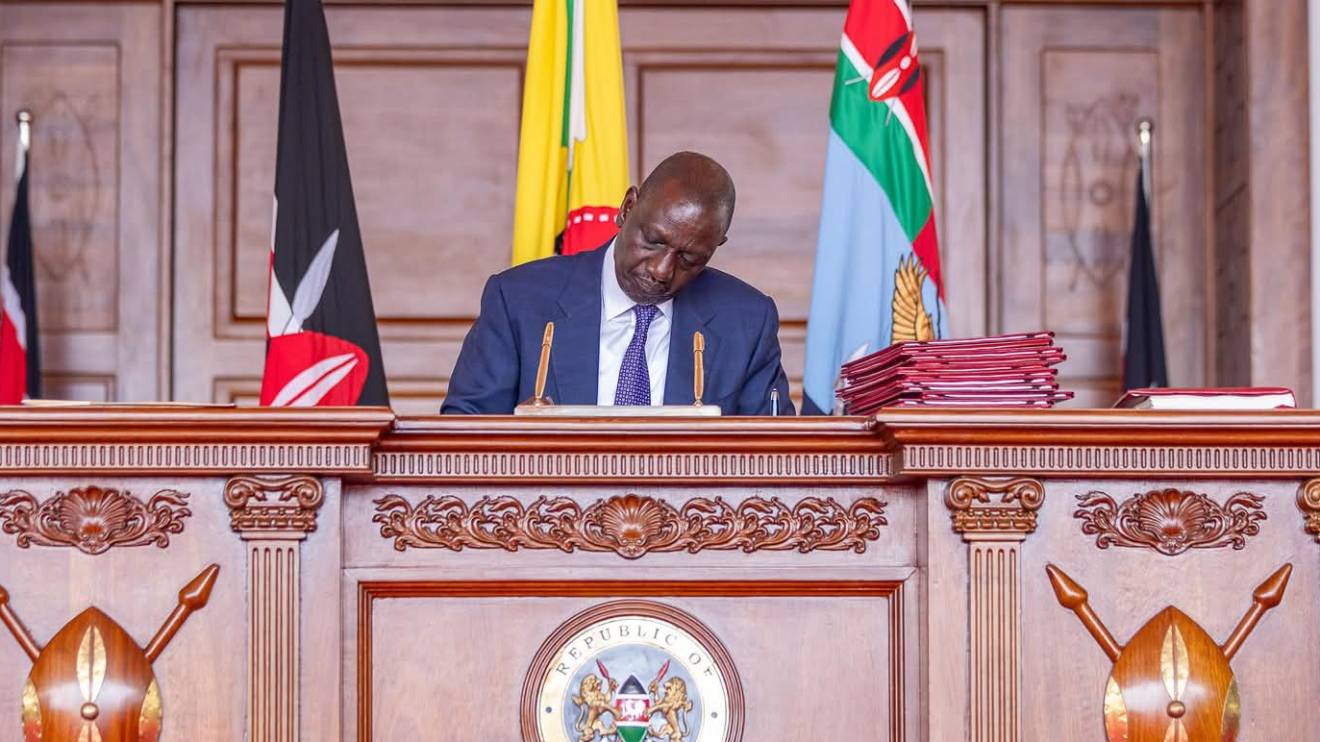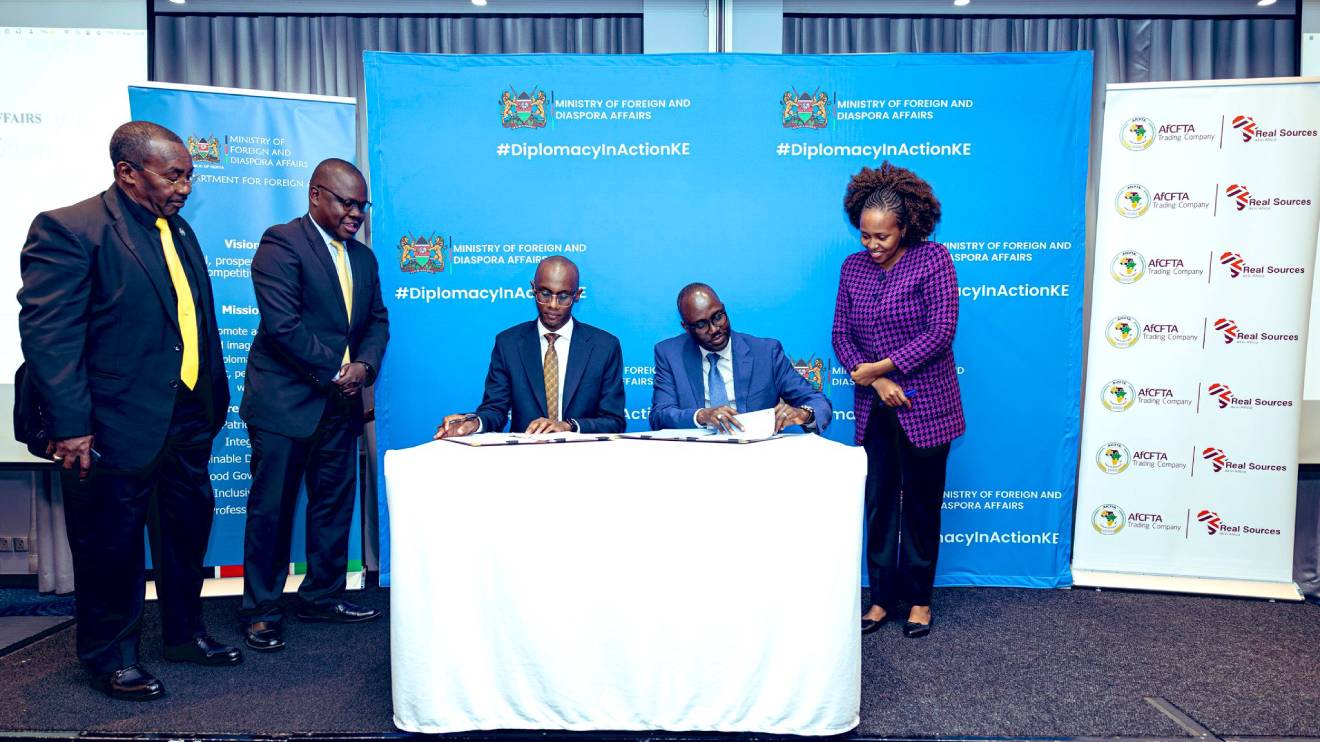The Finance Bill, 2024 has ignited a firestorm of debate with its proposal to introduce a new tax on motor vehicles, setting off a wave of concerns and discussions across the nation.
If enacted, this tax, dubbed the Motor Vehicle Tax, will levy a 5 per cent charge on the value of cars, to be deducted annually by insurance companies.
The revelation of this contentious provision stems from a document shared by Busia Senator Okiya Omtatah on his social media platform.
According to the document, section 12H outlines the specifics of the proposed Motor Vehicle Tax.
It mandates that this tax, payable to the Commissioner, shall be imposed on each motor vehicle at the time of insurance issuance.
Read More
The rate of this tax will be determined based on the value of the motor vehicle, as specified in the Third Schedule of the bill.
The determination of a vehicle's value will hinge on factors such as make, model, engine capacity, and year of manufacture.
One of the most debated aspects of this proposal is the responsibility placed on insurance companies.
Insurers will be tasked with the collection and remittance of the motor vehicle tax within a tight timeframe of five working days post the issuance of an insurance cover.
Failure to comply will result in severe penalties.
According to the bill, insurers who neglect to collect and remit the tax will face a penalty equivalent to fifty per cent of the uncollected tax, coupled with the actual amount of the unpaid tax.
However, the bill also includes exemptions to this tax.
Motor vehicle tax will not be applicable to certain vehicles, including ambulances or those owned by various governmental bodies such as the national government, county government, Kenya Defence Forces, National Police Service, National Intelligence Service, or individuals exempted from tax under the Privileges and Immunities Act.
The proposed amendment also touches on alterations to the Income Tax Act, particularly section 15(2)(a), although further details regarding these changes have yet to be fully disclosed.
As the nation grapples with economic uncertainties and strives to balance fiscal responsibility with the need for revenue generation, the proposed Motor Vehicle Tax stands as a focal point of contention.
While proponents argue for its necessity in bolstering government revenue, opponents raise concerns over its potential impact on the already burdened populace.
With debates set to intensify in the coming days, the fate of the Motor Vehicle Tax remains uncertain, pending further deliberations and potential amendments to the Finance Bill, 2024.



-1756319289.jpg)




-1756474472.jpg)



